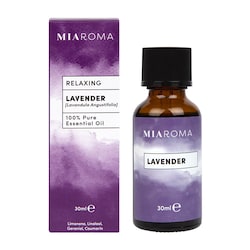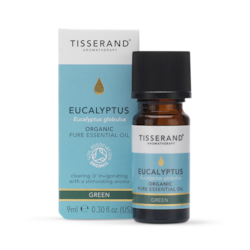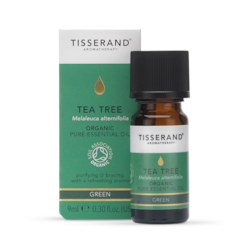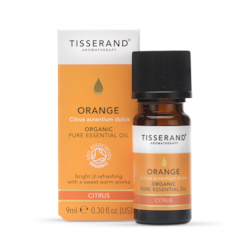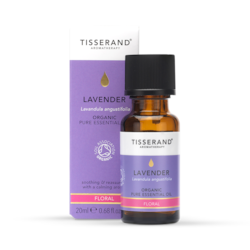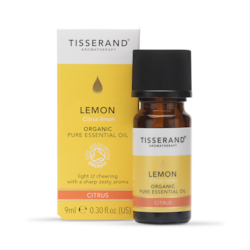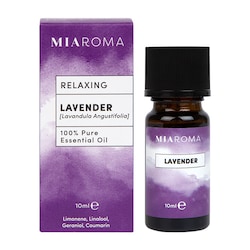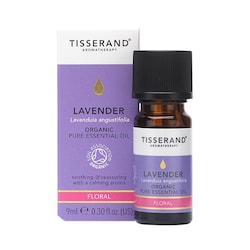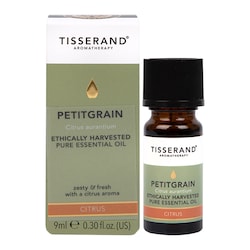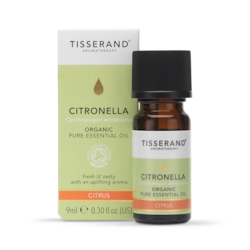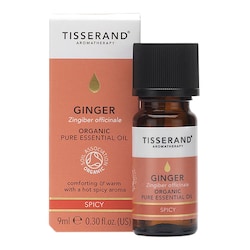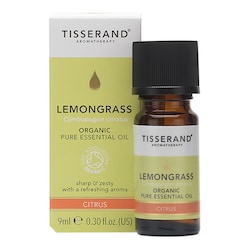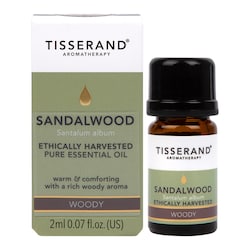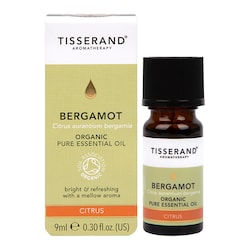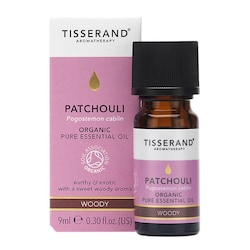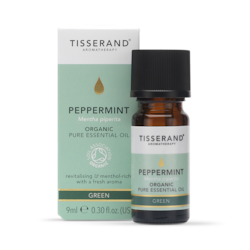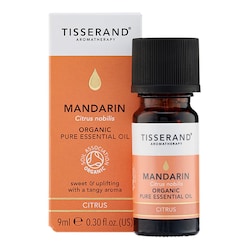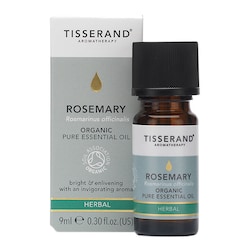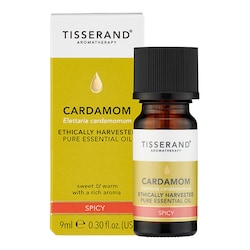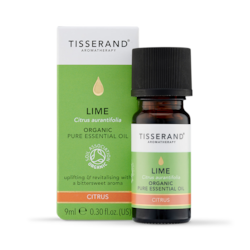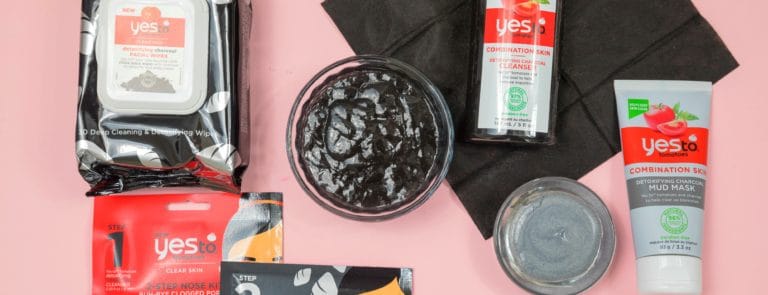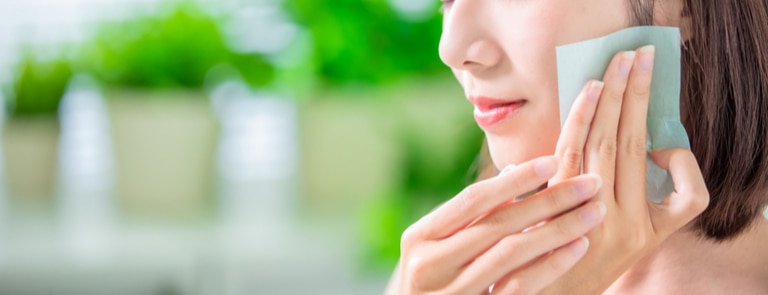15% off £20
Code:TREAT
Benefits and uses of castor oil

Heard good things about the benefits castor oil for your hair and skin? Us too. But how much of it is true? With the help of our science team, let’s get the gloss
Summary
16 ways to use castor oil
Wondering how to use castor oil as part of your routine? Here are six different ways you can benefit from this hair oil's properties...
2Why is castor oil known for moisturising?
The essential fatty acids of castor oil can help restore the skin’s moisture balance, as it penetrates skin and helps soften and hydrate...
3What about the “belly button trend”?
“While the practice of ‘navel pulling’ might appear to have come out of nowhere, it actually has roots in Ayurvedic traditional medicine...”
Wondering what makes this humble plant-based oil so useful? A growing beauty trend, influencers all over are looking to castor oil to get their skin and hair looking shiny.
“Used in skin and hair care for centuries, castor oil is essentially a vegetable oil. It can be added to moisturisers to support dry skin, combed through split ends and used to soothe the scalp,” shares Holly Roper, a Registered Nutritionist and Health & Science Communications Manager at H&B.
“This latest trend, often called ‘navel pulling,’ has been making waves recently, with claims that applying castor oil to the belly button can aid digestion,” she adds. “While traditional remedies may sometimes offer valuable insights, they should be viewed with caution and complemented by evidence-based medical advice.” More on this later.
Let's discover castor oil’s benefits (and dispel some myths) and why it deserves a place in your bathroom cupboard.
First of all, what’s castor oil?
Derived from a plant native to Africa and Asia, castor oil contains high amounts of fatty acids – including omega-6 and ricinoleic acid.1
“In its purest form, castor oil is a colourless to pale yellow liquid with a distinct taste and odour. It’s typically used in the likes of soaps and perfumes,” says Holly.

6 ways to use castor oil
Wondering how to use castor oil as part of your routine? Here are six different ways you can benefit from this hair oil's properties.
We recommend that you test it on a small patch of skin first to make sure you don't have an allergic reaction.
- Moisturiser mix: Blend it with equal parts olive, almond or coconut oil to create a moisturiser for your body
- Smooth dry skin: Dab some on your body or apply it with a warm flannel to reduce the appearance of dry skin
- Scalp soother: Massage it directly into your scalp to soothe irritated skin and reduce dry skin
- Nature’s mascara: Put a small amount of castor oil on your brows or lashes to extend the appearance of them
- Tame split ends: Comb some through split ends
- Helps hair shine: Castor oil contains ricinoleic acid and omega-6 fatty acids,2 which moisturise and condition your hair, leaving it shiny and appearing healthy
Why is castor oil known for moisturising?
Speaking of moisturising, the essential fatty acids of castor oil can help restore the skin’s moisture balance.3 It penetrates skin and helps soften and hydrate the skin.
“Castor oil is incredibly moisturising, which makes it a great alternative for soothing your skin, softening your nails or even nourishing your eyelashes,” she says.
Try massaging it into your hair before your next hair wash, especially if you have a dry scalp or have brittle hair.
What about the “belly button trend”?
“While the practice of ‘navel pulling’ might appear to have surfaced out of nowhere, it actually has roots in Ayurvedic traditional medicine, which dates back over 3,000 years,” explains Holly.
“However, it’s important to note that there is currently no scientific evidence to support the idea that putting castor oil in your navel has any benefits for digestion – or for any other health concerns. While traditional remedies may sometimes offer valuable insights, they should be viewed with caution and complemented by evidence-based medical advice.”
The final say
With moisturising properties, castor oil could be used to hydrate dry skin and scalps, as well as smooth and condition hair. Although navel pulling has been around for centuries, there’s no evidence to suggest that it will help digestion (or any other health concerns).
So you’re better off saving it to enjoy a hair mask on your next self-care evening – and looking to your lifestyle, diet or GP for gut health support and digestion relief. Looking for the lowdown on hair oils? We lock in the facts and what's trending here..
The advice in this article is for information only and should not replace medical care. Please check with your GP or healthcare professional before trying any supplements, treatments or remedies. Food supplements must not be used as a substitute for a varied and balanced diet and a healthy lifestyle.
- Polito L, Bortolotti M, Battelli MG, Calafato G, Bolognesi A. Ricin: An Ancient Story for a Timeless Plant Toxin. Toxins [Internet]. 2019 Jun 6;11(6):324. Available from: https://www.ncbi.nlm.nih.gov/pmc/articles/PMC6628454/
- Patel VR, Dumancas GG, Viswanath LCK, Maples R, Subong BJJ. Castor Oil: Properties, Uses, and Optimization of Processing Parameters in Commercial Production. Lipid Insights [Internet]. 2016 Jan;9:LPI.S40233. Available from: https://www.ncbi.nlm.nih.gov/pmc/articles/PMC5015816/
- Goyal A, Sharma A, Kaur J, Kumari S, Garg M, Sindhu RK, et al. Bioactive-Based Cosmeceuticals: An Update on Emerging Trends. Molecules [Internet]. 2022 Jan 1 [cited 2022 Sep 6];27(3):828. Available from: https://www.mdpi.com/1420-3049/27/3/828



